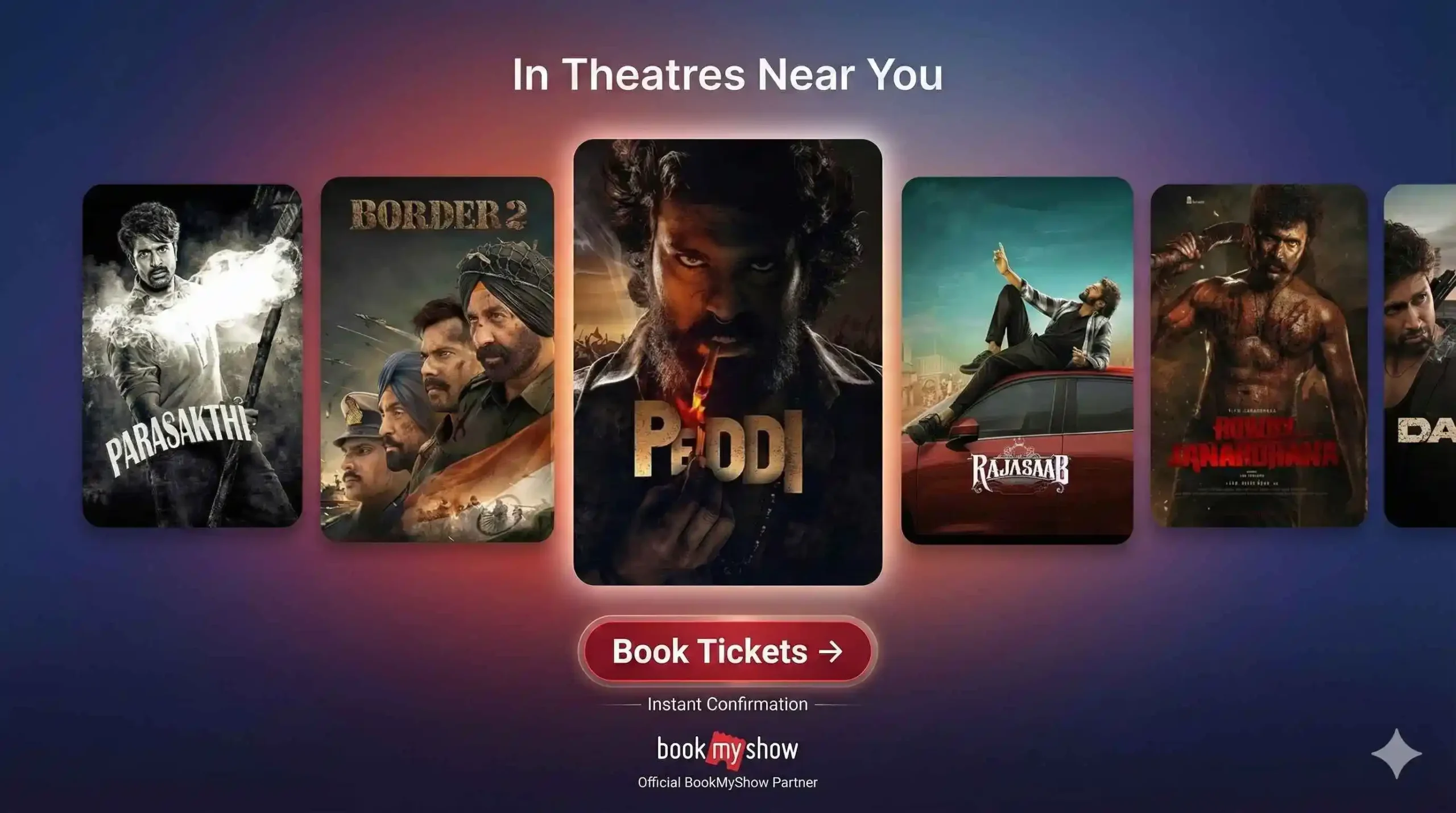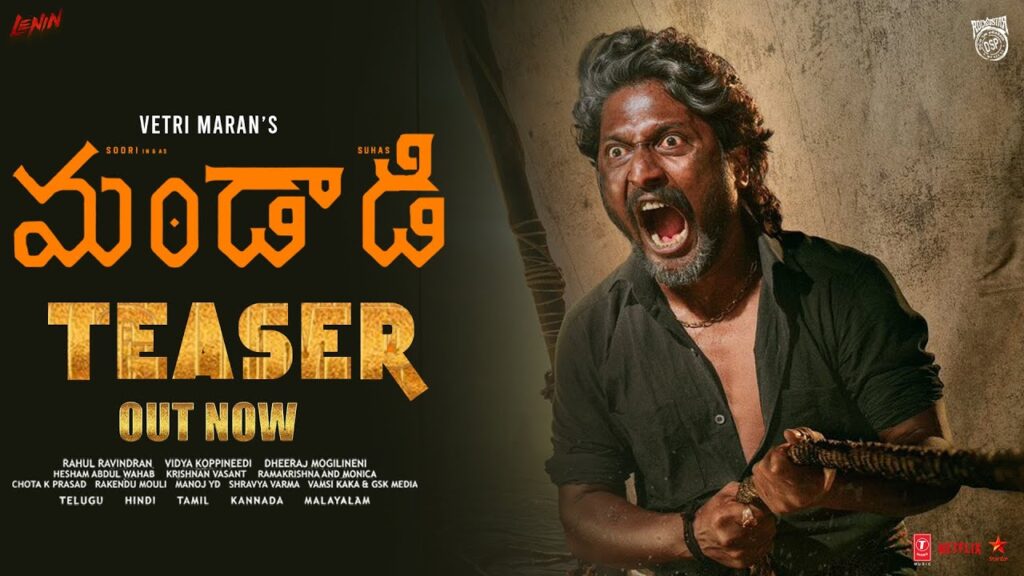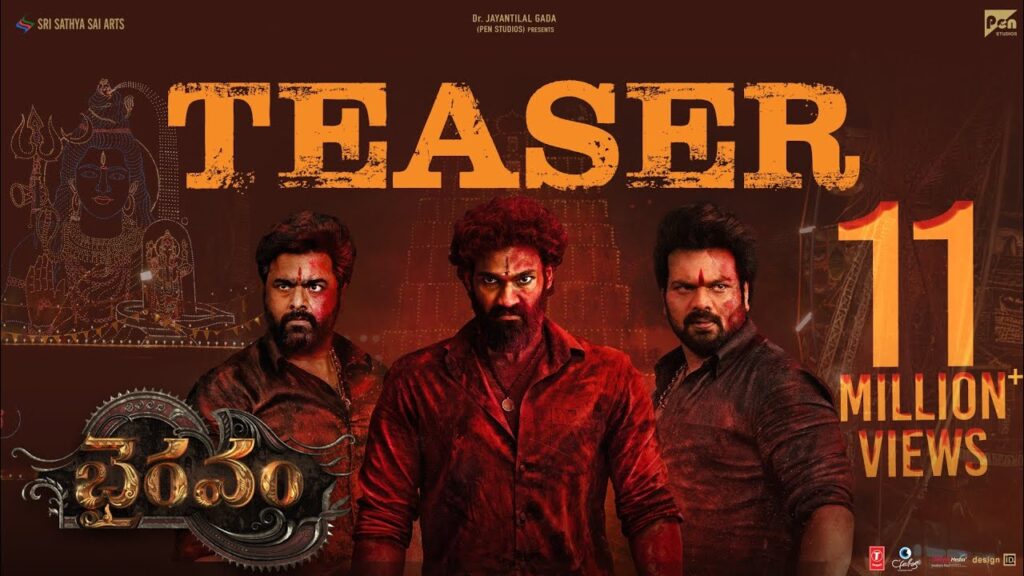Karate Kid Legends Movie Bappamtv 2025 Review Details iBomma
Karate Kid: Legends (2025) Movie Review – A Soundtrack That Kicks with Emotion
Soundtrack as Storyteller
In *Karate Kid: Legends (2025)*, music isn’t just a background element—it’s a full-fledged emotional compass. Composed by Hans Zimmer, the score effortlessly blends Eastern and Western musical traditions, echoing the cultural fusion at the heart of the story.
Check showtimes, seat availability, and exclusive offers for the latest movies near you.
Check on BookMyShow →From the opening scenes in Beijing to Li Fong’s challenges in New York, each track elevates the narrative with melodic precision. Zimmer’s signature sweeping crescendos bring depth to action scenes while keeping emotional moments intimate.
Musical Themes & Emotional Impact
The score uses distinct musical themes to represent characters and moods. Li’s theme features a guzheng layered with orchestral strings, symbolizing his dual identity. Mr. Han’s segments incorporate subtle echoes of the original 2010 film, creating a respectful connection to the past.
Fight scenes are energized with hybrid percussive beats, traditional instruments, and modern synths. The final tournament sequence builds tension using sharp staccato rhythms, reaching a satisfying musical payoff when Li executes his final move.
Emotional transitions are smooth, especially during scenes involving Li and his mother. A gentle piano motif underlines their bond, recurring just before the climax to tie the emotional arc together musically.
Key Soundtrack Highlights
| Track Title | Scene Description | Emotional Tone |
|---|---|---|
| “Flight from Beijing” | Opening montage of Li leaving China | Melancholic yet hopeful |
| “Han’s Wisdom” | Mr. Han begins training Li | Serene and introspective |
| “Hybrid Warrior” | Li learns to combine karate and kung fu | Energetic and transformative |
| “Tournament Showdown” | Final battle between Li and Connor | Intense and victorious |
| “Legacy Continues” | Ending credits featuring montage of characters | Triumphant and nostalgic |
Use of Silence and Ambient Sound
Zimmer knows when to let silence speak. In key moments—especially during Li’s moments of reflection or emotional tension—the absence of music heightens the intensity.
In contrast, ambient city sounds and dojo atmosphere create a grounded sense of place. This attention to sound design deepens viewer immersion without overwhelming the narrative.
Vocal Performances and Featured Artists
A standout feature is the inclusion of Chinese-American artist Audrey Nuna on the track “Breathe Before Impact,” blending hip-hop and traditional Chinese flute. The song plays during Li’s private training sequence and adds a modern, youthful energy.
Another highlight is Sadie Stanley’s soft vocal rendition of “Home,” used in a touching scene between Mia and Li, adding emotional resonance without feeling forced.
Comparison to Previous Films
While the 2010 *Karate Kid* reboot also had a memorable score, *Karate Kid: Legends* dives deeper into cross-cultural musical fusion. It improves upon past soundtracks by interweaving themes more directly with character arcs and story progression.
The soundtrack not only supports but enhances the emotional stakes—something not every martial arts film accomplishes.
Soundtrack Rating Table
| Aspect | Rating (out of 5) |
|---|---|
| Emotional Resonance | 5 |
| Cultural Integration | 4.5 |
| Originality | 4 |
| Use in Key Scenes | 5 |
| Overall Score | 4.6 |
FAQs
Who composed the music for Karate Kid: Legends (2025)?
Hans Zimmer is the lead composer, known for his emotionally rich scores in epic films.
Is the soundtrack available on Spotify or Apple Music?
Yes, the official soundtrack is available on all major streaming platforms under the title “Karate Kid: Legends (Original Motion Picture Soundtrack).”
What’s the most emotional track in the movie?
“Legacy Continues” and “Home” are the most emotionally impactful tracks, often mentioned in reviews on sites like iBomma Movies, Bappamtv Movies, and Iradha Movies.
Does the music tie into the original Karate Kid franchise?
Yes, Zimmer incorporates thematic echoes and motifs that nod to the original franchise while forging a fresh soundscape for new audiences.
Are any songs performed by the actors?
Yes, Sadie Stanley performs “Home,” a soft ballad featured in a key scene between Mia and Li.
Conclusion
*Karate Kid: Legends (2025)* delivers a soundtrack that’s more than background—it’s a character in its own right. With Zimmer’s guidance, the score becomes a vessel for emotion, action, and legacy.
For fans reading on iBomma Movies, Bappamtv Movies, or Iradha Movies, this film is a standout example of how music can elevate martial arts storytelling to new heights.











